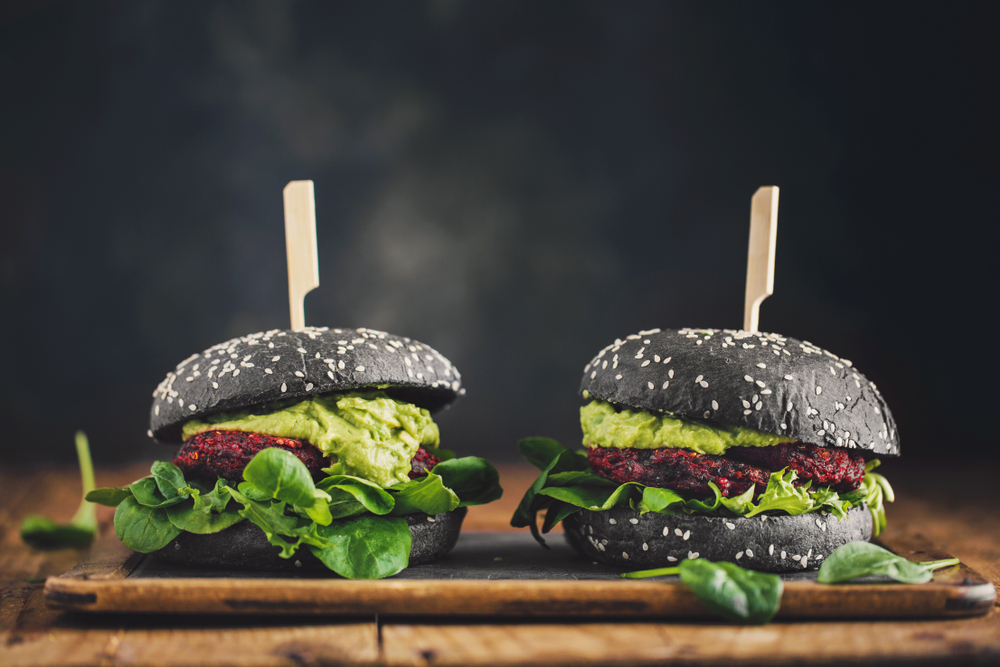While veganism has been a rising trend in the last few years, there’s been an increase in the number of vegans who revert to a non-vegan/omnivorous diet.
Like any other diet, it’s essential to ensure you’re getting the proper nutrition as a vegan.
Most vegans who quit being vegan do so for a few common reasons
- Lack of Emotional Connection
- Nutritional Deficiencies
- Failure to Find Variety
- Social Pressure
Here we’ll explore each of these reasons and shed some light on why so many vegans decide to switch back to their original diets.

1. Lack of Emotional Connection
Most people who turn vegan do so for three primary reasons
- Stop Animal Cruelty
- Improving One’s Health
- Protect the Environment
Each of these factors can be a powerful motivator. However, having a strong emotional connection to the suffering experienced by animals is crucial to remind us why we turned vegan in the first place.
Someone who turns vegan due to intolerance toward animal cruelty is more aware of what’s on their plate. When they see eggs, dairy, and meat, they associate these products with the animals harmed to obtain them.
Knowing that a sentient being has suffered makes it difficult, even impossible, to continue eating animal products.
On the other hand, if you’re vegan for health or the environment, you’re less likely to make an emotional connection to your food. And without this, it’s easy to slip back to earlier eating patterns.
2. Nutritional Deficiencies
Most people who turn vegan lack the nutritional information needed to support a plant-based lifestyle.
As such, they cut out animal products without replacing these calories and nutrients with other food.
Consequently, they report feeling sick and lethargic and experience issues related to nutrient deficiency. When you turn vegan, it’s vital to ensure that you’re still getting the essential nutrients required by the human body.
And without the proper nutrition, most new vegans feel drained out most of the time and decide to quit their plant-based diet.
3. Failure to Find Variety
Another prime reason for quitting veganism is the failure to find variety in this new dietary lifestyle.
Most of us turn vegan after being non-vegan for years, if not decades. We get used to cooking meat, dairy, and other animal products in various ways to satiate our palate.
But most people aren’t aware of cooking with plant-based ingredients or diversifying their meals on a vegan diet.
Come to think of it, there are several veggies, lentils, grains, nuts, seeds, and other ingredients that you can use in an infinite number of combinations. It takes some time to figure out a few good recipes and learn to cook them regularly.
Most vegans who quit didn’t take the time to diversify their diet and got bored with the limited dishes available to them.
4. Social Pressure
Turning vegan comes with the heavy burden of social pressure. Your friends and family are sure to question your choices incessantly, and fending off these queries can be exhausting.
But it gets even more complicated when you’re attending family gatherings where the central focus revolves around an animal product.
For example, Thanksgiving is considered incomplete without a stuffed turkey, and Christmas isn’t quite the same without a few choice cuts of beef or pork.
And the animal products at these occasions come attached with pleasant memories of the whole family celebrating together. It’s not uncommon for a well-meaning aunt to coax you into trying a sliver of the meat.
Some vegans end up giving in to the social pressure and try a bit of the non-vegan food at the table. Aside from reminding them of the taste, this also gives them the idea that they’ve ‘failed’ the vegan diet.
And when these slip-ups happen often enough, a practicing vegan will often switch back to their original diet.
How to Stay Vegan?
When you turn vegan, it’s best to determine the ethical reasons for your choice and find a support group of vegans or plant-based activists in the city. By remembering the cause you stand for and staying associated with the movement as a whole, you’re less likely to revert to an omnivorous diet, even when the opportunity presents itself.